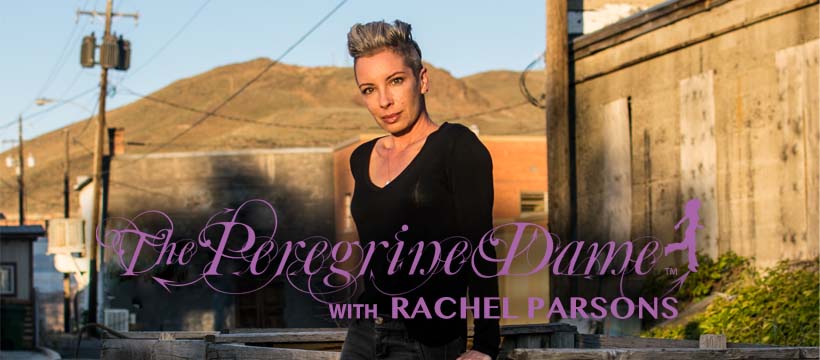On Cultural Grief: The Death of Queen Elizabeth II
 |
| A handmade card among the tributes to Queen Elizabeth II outside Buckingham Palace. Britain's longest-reigning monarch died September 8, 2022. (Photo/Rachel Parsons) |
By Rachel Parsons
I view monarchy as anachronistic. After traveling to Britain for more than 20 years and living in London for two, I have spoken to Brits here who run the gamut of opinion about whether the British crown should still exist. But, while I am suspicious of the concept of royalty, even cynical, I nevertheless acknowledge this extraordinary moment.
As the head of state, Queen Elizabeth II was a master diplomat in many respects, and as nations under the yoke of the British Empire threw it off in the 20th century, she witnessed its dismantling and is largely credited for shoring up the commonwealth that kept diplomatic relations with those countries intact, for better or worse. She was known to have a wicked sense of humor. Her philanthropy was prolific, and the causes varied.
Under the heading of public diplomacy, she was reportedly mystified by Margaret Thatcher’s unwillingness to impose sanctions on the apartheid regime in South Africa, seemed delighted to acknowledge the momentous decision to legalize same-sex marriage in the UK, and made a personal appearance in Northern Ireland during the peace process, famously shaking hands with a former IRA commander. Whatever her private opinions, and no one outside her closest circle knows what they were – she never gave an interview – her presence at specific points and places in time suggests she felt the crown should be used as tool of reconciliation, though not apology.
But it would be irresponsible to not acknowledge that she was the living embodiment of an institution, which, over the course of its history, oppressed billions and killed millions in its pursuit of empire. Though I also understand that since the monarchy was restored in 1660, it has held no political power and been legally hamstrung from exerting overt influence on government or economic policy. As an American, though, I understand that the practice of British settler colonialism strengthened and codified the enslavement of human beings and transformed the ancient practice of slavery into something the world had never seen. In those places where slaves weren’t taken explicitly, British capitalism sanctioned by then-monarchs subjected people to repression that was often not far removed. So, I acknowledge that many people are only mourning the fact that the monarchy didn’t end with her death.
However, I must acknowledge that she was, first, a human being. Her family seems to have genuine love and regard for her and is grieving the loss. And this 18 months after the death of Prince Philip. Almost no matter who the family, the deaths of both parents or grandparents within the span of two years is a unique blow, even when they lived long, full lives.
That this is a moment when History with a capital H has risen up and engulfed us all isn’t in dispute. The morning after she died I got a message from a friend – a young man who also thinks of the monarchy as a thing best relegated to history. “I’m actually really upset,” it read. “It’s so sad! She was such a part of my identity as a Briton,” he wrote, admitting that he was as surprised as anyone to find himself deeply affected by her death.
So as an outsider mystified in my own right by the adoration for a social construct that has facilitated so much historical conflict and loss, I still view the whole royal enterprise as an anachronism. But as someone who’s experienced loss, I feel a great measure of sympathy for her family, and yes, a little sorrow. I also feel sincere appreciation for a woman who was thrust into her job in the even-more-sexist-than-today misogynistic 1950s and didn’t bat an eye in front of any male leader in the world, asserting her equality as a plain matter of fact.
However, it’s also my responsibility to recognize the feelings of those around me. To recognize both those who are grieving over the death of the most famous queen in modern history and the cultural constancy she represented, but also the generational pain that is surfacing for others because of the breathless attention now showered on someone who represented a nation that took so much from so many. It’s a fascinating thing to witness.
Watch The Peregrine Dame on Amazon Prime Video, Prime Video UK,
Prime Video DE, Facebook, and Youtube.
 |
| Become a patron of TPD |
